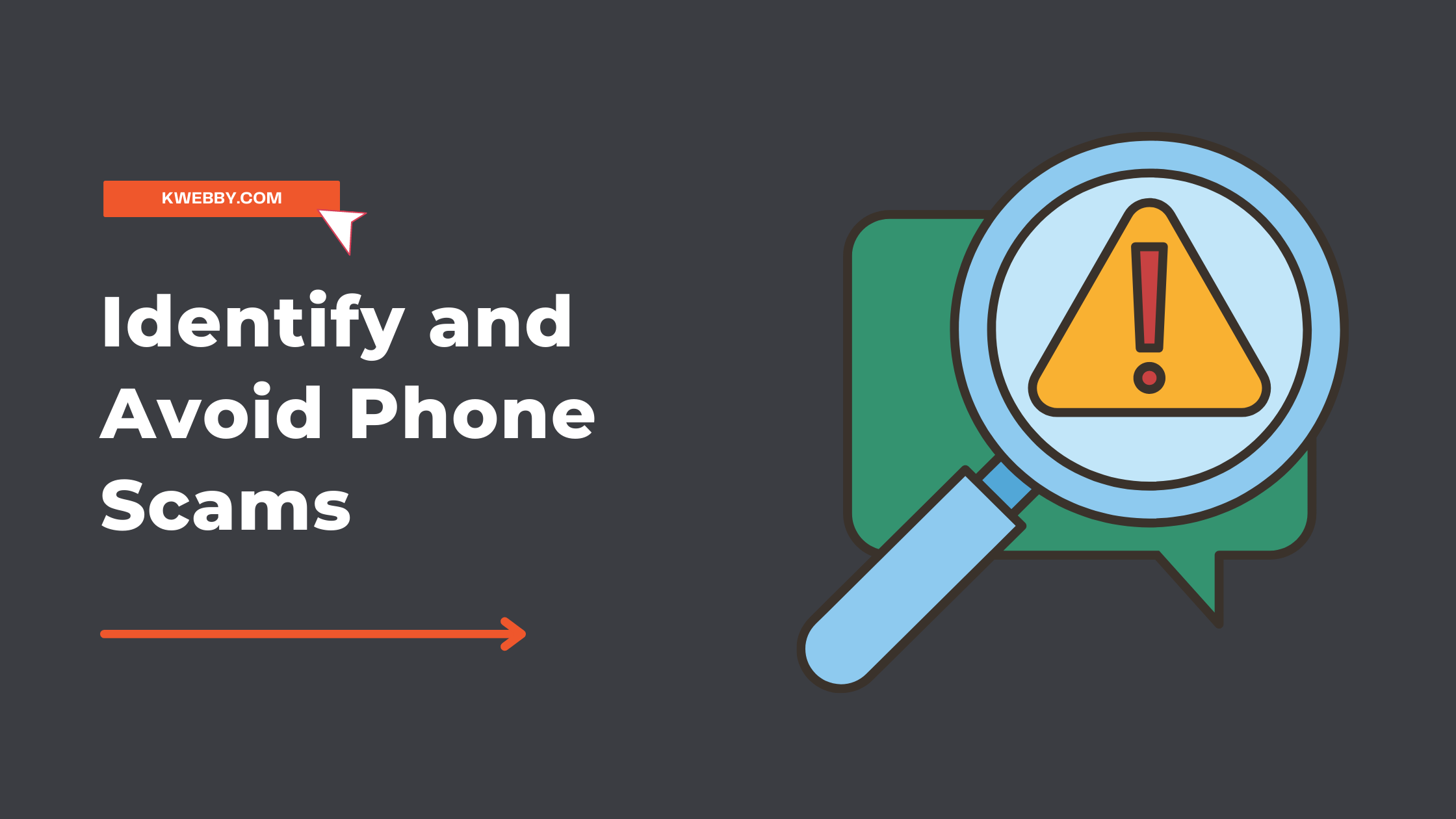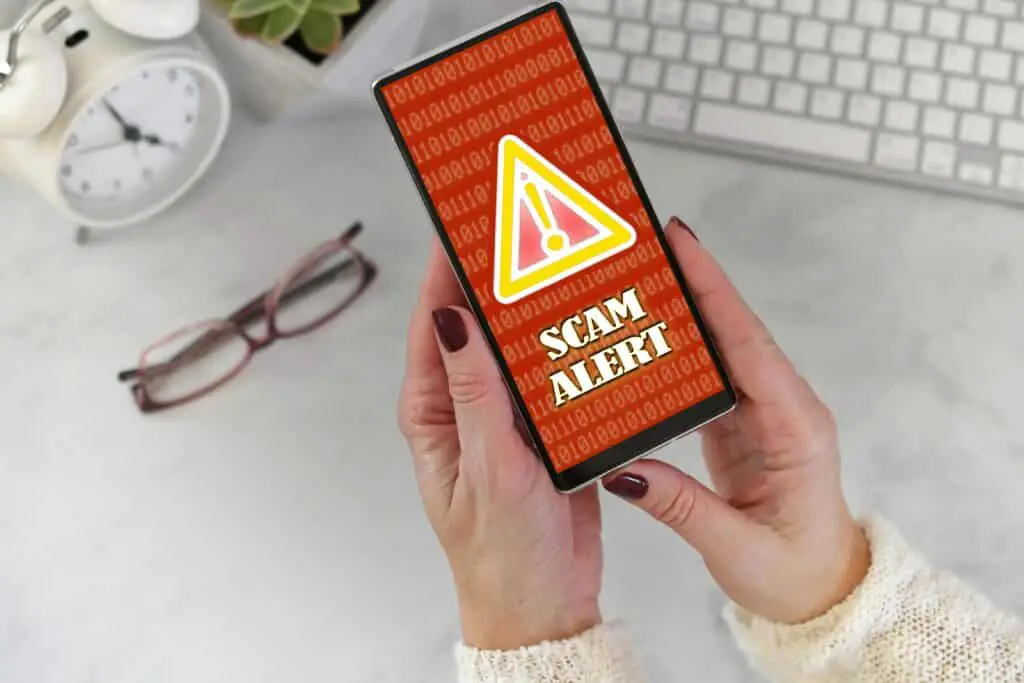
8 Steps to Identify and Avoid Phone Scams
Phone scams are becoming increasingly common as scammers find new ways to target people.
While there are many different phone scams, they all have one thing in common: the caller tries to trick you into giving them money or personal information.
Here are some tips to help you and your loved ones avoid falling for a phone scam.
1. Be suspicious of unsolicited calls.

If you didn’t give the caller your number, be wary of taking the call.
Scammers often use “spoofing” techniques to make it look like they’re calling from a legitimate number, especially one in your area, so don’t assume that just because the number looks familiar, the caller is who they say they are.
Many spoofed calls will even mimic the first three digits of your phone number after the area code.
2. Don’t give out personal information.

No matter how legitimate the caller may sound, never give out personal information like your Social Security number, bank account information, or credit card number.
Scammers can use this information to commit identity theft or fraud.
Legitimate banks and other institutions will never ask for your PIN, even when conducting business transactions.
3. Be wary of calls asking for money.

Scammers will often try to get you to send them money directly, usually through wire transfer or a prepaid debit card.
They may also ask you to buy gift cards and then give them the codes from the back of the cards.
If someone you don’t know asks you for money, it’s almost certainly a scam.
4. Hang up if the caller becomes hostile or pressuring.

Most legitimate businesses will understand if you need some time to think about whether or not you want to do business with them.
If the caller becomes angry or pressuring, it’s a good sign that they’re a scammer.
If you ever receive threats or the caller becomes profane, this is a good sign that they are not a reliable representative.
5. Report suspicious calls to the FTC.

If you receive a suspicious call, hang up and report it to the Federal Trade Commission (FTC). You can also visit www.ftc.gov/complaint to file a complaint online.
Reporting these fraudulent calls not only helps prevent receiving them in the future, but helps to make others aware of this issue as well since they are often added to an online database.
6. Use caller ID blocking services.

You can also download call blocker apps to your mobile phone that will screen calls and help you avoid taking calls from numbers that are likely to be scams.
If you continue to receive scam calls, there are steps you can take to reduce the number of unwanted calls you get.
Many phone companies offer free or low-cost services that allow you to block your number from being displayed on the caller ID of the person you’re calling and also block numbers that have been identified as spam.
7. Be aware of coronavirus scams.

Since the outbreak of the coronavirus (COVID-19), scammers have been coming up with new ways to take advantage of people’s fears.
Be on the lookout for fake charities soliciting donations for bogus COVID-19 relief efforts, fake websites selling products that claim to prevent or cure the virus, and phishing emails claiming to be from the Centers for Disease Control (CDC) or World Health Organization (WHO).
8. Sign up for the National Do Not Call Registry.

If you’re getting too many telemarketing calls, you can sign up for the National Do Not Call Registry, which will stop sales calls from real companies (though it won’t stop scams).
You can register your home or mobile phone number for free at www.donotcall.gov or by calling 1-888-382-1222 from the number you want to register.
By reducing the number of sales calls you receive, you can more easily identify fraudulent calls, since legitimate companies will not call anyone on the National Do Not Call Registry.
Resources
- How to protect against phishing attacks in 2022: A Comprehensive Guide
- How to Avoid Microsoft 365 Security Concerns
- 7 best ways to prevent smartphone from being hacked
- How to Protect Email Address on Website from Spam (2 Methods)
- How to Surf the Internet Safely: Protect Your Privacy and Computer
Conclusion
When in doubt, hang up! If you receive a suspicious call, it’s always best to err on the side of caution and hang up.
Don’t engage with the caller in any way, even if they threaten you or try to intimidate you. Remember, scammers can be very convincing, but if you stay aware and don’t let yourself be pressured into anything, you can avoid becoming a victim of fraud.






